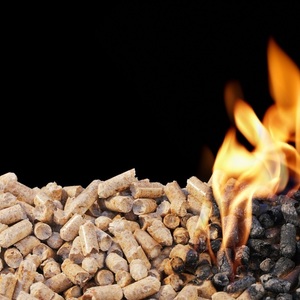Massachusetts invests $700,000 in woodstove rebate program




March 24, 2016
BY Massachusetts Clean Energy Center
Advertisement
Advertisement
Related Stories
A bioenergy with carbon capture and storage (BECCS) project under development in Sweden by Stockholm Energi was awarded planning approval on March 28 by the country’s Land and Environmental Court.
The U.S. DOE has opened a funding opportunity making up to $25 million available to support clean energy technology deployment on Tribal lands. Projects fueled by biomass, biogas, RNG or renewable hydrogen are among those eligible for the funding.
The International Biomass Conference & Expo was held in Richmond, Virginia, in early March.
Meeting net-zero objectives will require operators to increasingly leverage modern technologies and adopt innovative processes.
TEXEL Energy AB, Jord AB partner to produce green electricity from densified fuel made from C4 grass
TEXEL Energy has announced it has signed an agreement with Jord AB to adapt TEXEL's energy production technology to generate electricity from Jord's pellets and briquettes, made from C4 grass.





